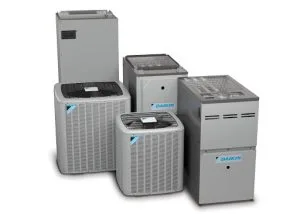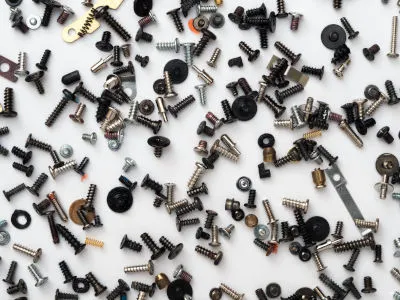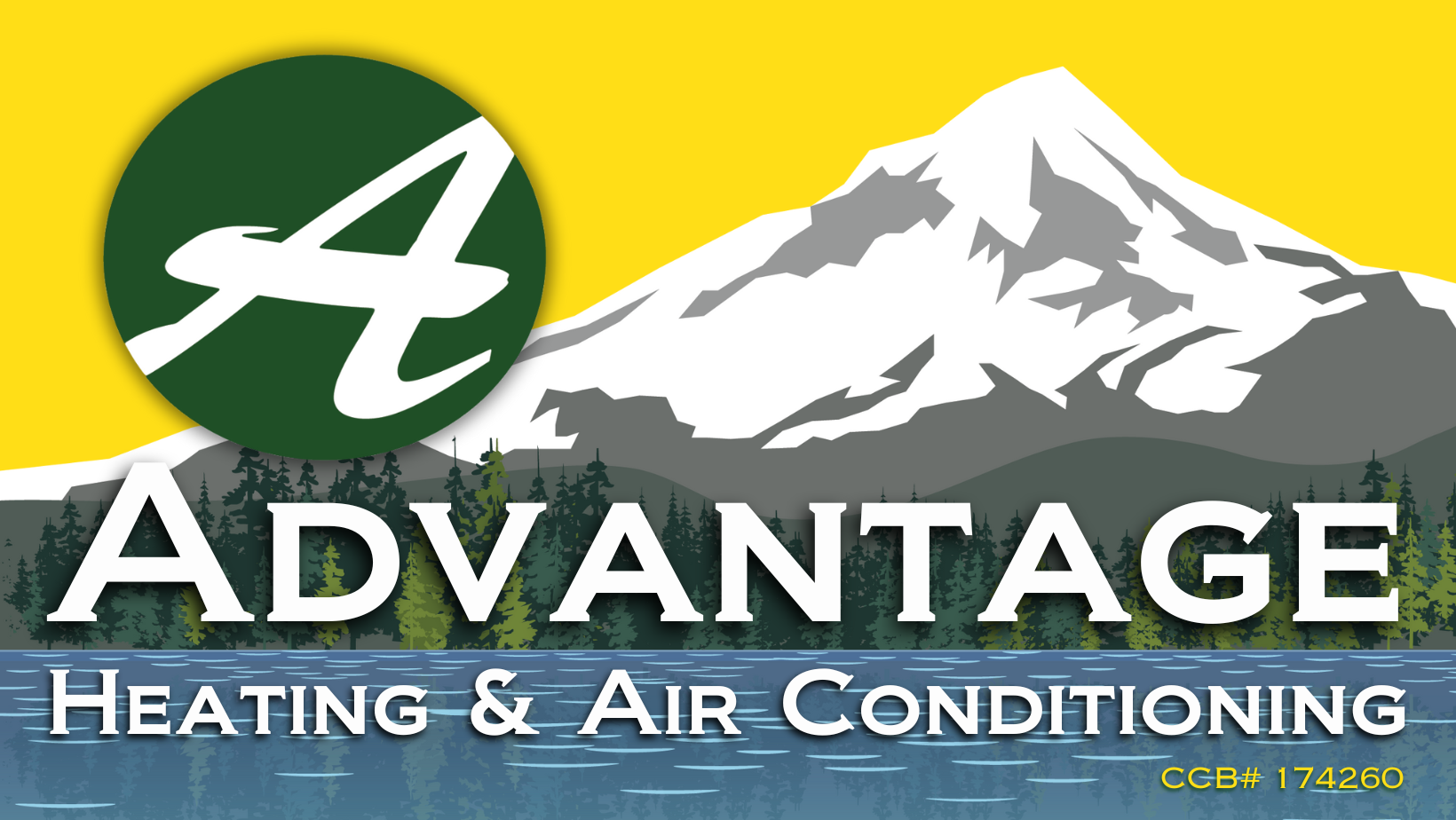The No-Nonsense HVAC Warranty Guide
Purchasing an HVAC system for your home is an enormous investment. Naturally, you want to protect your investments. You want to make sure that the comfort it provides to your home outweighs the cost of installing and operating your system. As with all pieces of complex machinery, there is always a chance that something will break. A HVAC warranty can make it so that a breakdown does not always mean an increase in repair cost.
In this post, we’ll go over everything you need to know about HVAC warranties.
What Exactly Is A HVAC Warranty?
If you never used a warranty before, you could think of it like a “get out of jail” card. It’s a service you get before you need it and keep on hand for when you need it. So, when something breaks in the future, you can use it to eliminate or, at least, reduce the cost of repairing it. By the time you need it, it’s too late to sign up for it.
What are the Types of HVAC Warranties?
There are two types of warranties for your HVAC equipment. A different company provides each one and protects a different aspect of your equipment.
Equipment/Parts
The equipment warranty, also known as a parts warranty, is a service provided by the equipment’s manufacturer. This warranty protects you from any faulty parts that were included in the equipment or provided to the contractor.
Here’s an example:
If your brand-new furnace won’t work because it includes a bad igniter, then the manufacturer takes the fault on that and provides a replacement to get your furnace up and running.

These warranties can vary from part to part on the same piece of equipment. Some models or manufacturers will provide one warranty that covers the entire unit.
Labor
The contractor that installed and services your furnace provides the Labor Warranty. This warranty covers any mistakes that they make during their labor.
If the contractor breaks something during installation or makes a mistake, then this warranty means they will come back and make it right.
Why Do Companies Offer Warranties?
To put it simply, manufacturers and contractors will offer warranties because they stand behind their product or their service.
Companies know that not charging or reducing the cost of repairs gives you peace of mind. However, they don’t want to just give away parts and repairs for free every year, so they want to be confident that their product won’t fail.
A warranty says that the company believes that nothing should go wrong for the number of years the warranty covers. If it does, then the company will remedy the issue.
How Long Should a Warranty Last?
This is a controversial question. Let’s think about this in terms of a warranty for a furnace.
On average, a gas furnace has a lifetime of 15-20 years. Some companies believe that once you get close to the end of a furnace’s life, you should consider replacing it. This can mean after 10 or 12years, depending on the company. At Advantage, we’re not like those companies.
The Average Warranty
On average, you’re going to find most warranties last around 5 years, or 10 years after registration. That means that the warranty will protect you for the first half of a furnace’s life.
Most warranties will require you to register your equipment with the manufacturer to get the full length of coverage. While this is usually a straightforward process, it is additional legwork on your part and can be time-consuming.
Once you get past that 10th year, you’ll have to consider just replacing the unit if something goes wrong.
The Advantage 20-Year Warranty
At Advantage, we believe that if a furnace is expecting to last you 20 years, then it should last you 20 years. Our partners at Daikin already offer lifetime warranties on several heat exchangers and it just makes sense that we should try to go above and beyond to protect our customers. If you are a customer in our maintenance program, then we are going to do everything we can to make sure your equipment lasts as long as possible.
You can find more information on our labor warranty here.
How Do Warranties Differ?
Warranties can differ in a variety of ways depending on what kind of warranty it is. However, there are three fundamental aspects that all warranties differ in.
These are:
- Length of Time
- How Much They Cover
- What They Cover

When you’re shopping for HVAC equipment, ask your HVAC sales professional about each of these things. They should be able to answer honestly if they are confident in their product.
Length of Time
A warranty will only last for so many years, some last longer than others. Make sure that you are getting a warranty for a long length. Ask if you need to register your equipment to get coverage for the full length. If so, ask if your sales pro can register for you at the time of purchase.
How Much of the Repair the Warranty Covers?
As we stated earlier, not all warranties eliminate the full cost of repair. Some just discount the price and the amount can vary. An HVAC sales professional should be able to tell you the estimated savings on a repair while under warranty.
What Parts or Services Warranties Covered?
Not all equipment warranties cover all the parts in a unit, or they don’t cover every part of a unit for the same period. This makes some sense, as some parts experience more wear and tear and won’t last as long as others. A labor warranty may cover some services, but not others. Ask your sales professional if the warranty covers the entire unit or if there are exceptions.
What Can Void an HVAC Warranty
There are several instances that could void a warranty. Here are some things you should avoid if you want your warranty to last its full lifetime:

- Not Getting a Qualified Contractor
- Not Maintaining Your Equipment
- Forgetting To Register
DIY
While you may like to do everything around your house by yourself, this can void your equipment’s warranty. HVAC maintenance is something that you should leave to the professionals who have the right training and tools. Most manufacturers have clauses in their warranties that state that the warranty is void if it’s serviced by someone without proper training.
Maintenance Schedule
The manufacturer of your HVAC equipment and the contractor who installed your equipment may require your equipment to have a regular maintenance schedule in order to be covered by their warranty. This typically means that you will have to have your HVAC system serviced twice a year. Once in fall for the heating equipment, and once in spring for the cooling equipment.
Not Registering
Depending on the manufacturer, they may require that you register your equipment. You can usually do this online or through the mail. In most cases, you will still have a warranty for a limited amount of time. Registration just keeps you protected for the full length of the advertised warranty.
Bottom-line: What Do You Need to Know About HVAC Warranties?
So, what’s our takeaway on warranties? Well, there are two kinds of warranties that can apply to HVAC equipment: equipment and labor. These warranties can differ from company to company based on length, what parts the warranty covers, and how much of the cost the warranty covers. You also need to be aware of what can void these warranties and remove your protection.
When shopping for new HVAC equipment, have a conversation with your HVAC sales pro about the warranties they offer to maximize your protection.
Who Are Advantage Heating and Air Conditioning, LLC?
We are your local HVAC Experts out of Salem, Oregon. We hope that this post gave you the information you need to know about warranties. If you have other questions about HVAC systems, check out our other blogs. To learn more about who we are and how we can help you, visit our website and follow us on social media – we’re here when you need us!





